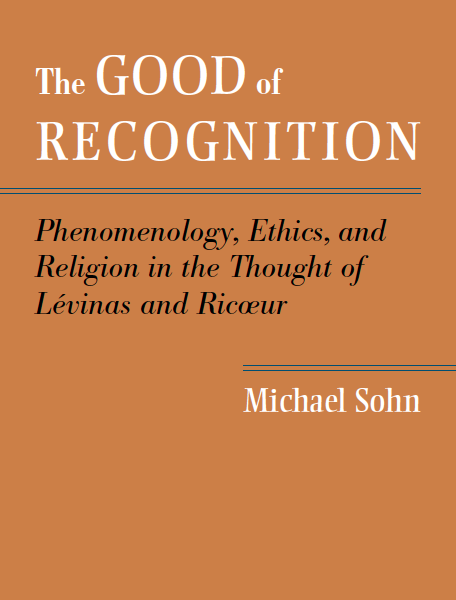
[Marion’s] central concepts and phenomenological method offer an ambiguous resource for political theology: on the one hand, he articulates a rigorous method of doing phenomenology which is trained to remain open to phenomena historically ignored and marginalized, and on the other hand, his own conclusions can veer towards a Christian triumphalism which is in danger of betraying the primary aim of his philosophical project.

The language of recognition is of such frequent use that its presence in everyday and academic discourse is striking, and yet critical examination of its meaning remains largely absent. Its frequent use is evident in the legislative acts promulgated, the public policies written, and the social struggles waged in the name of it. Its application touches upon a broad spectrum of issues ranging from multiculturalism to national sovereignty, from matters of international human rights to social movements within feminism and civil rights.